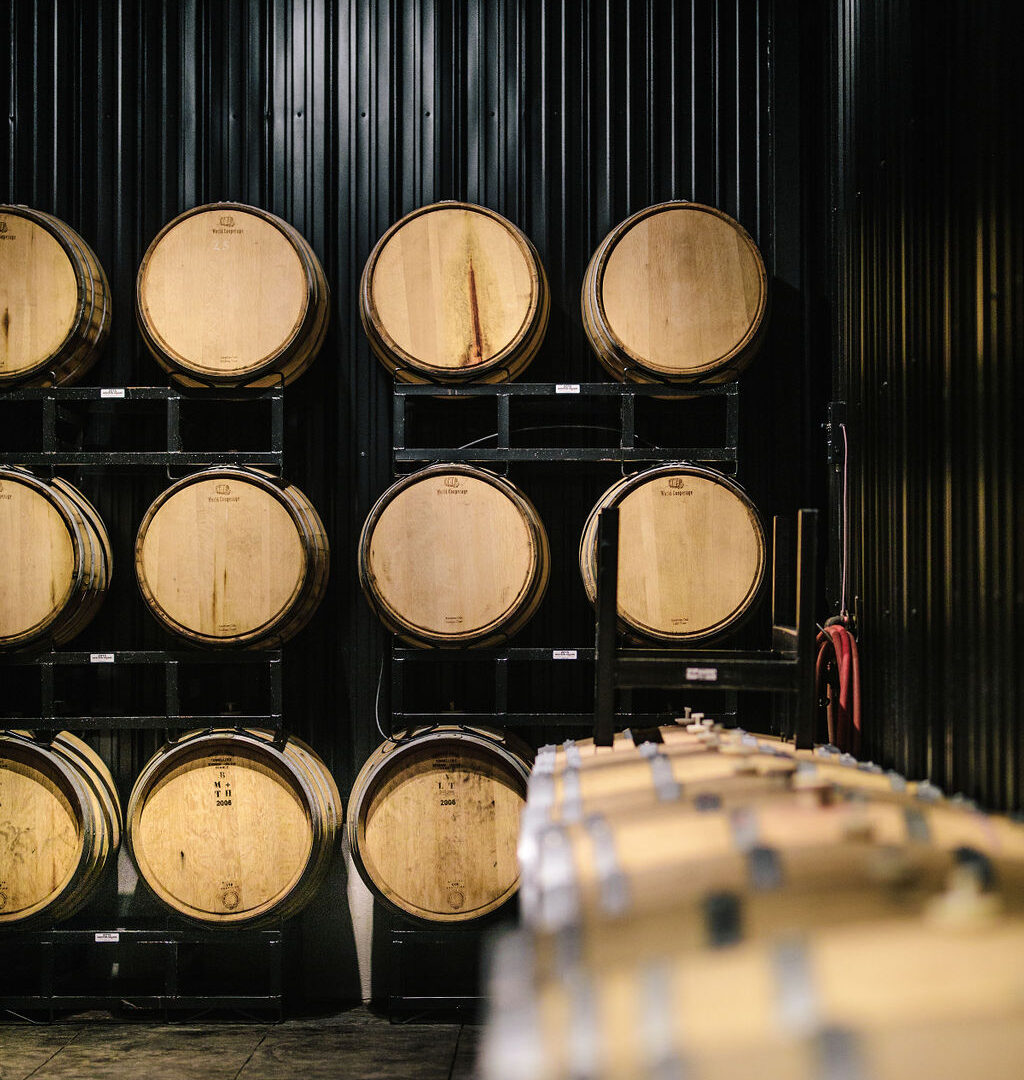Letter a
Accreditation
Accreditation is a formal attestation delivered by the Conseil des Appellations Réservées et des Termes Valorisants confirming an organization’s competence to perform certification.
Act (Loi)
Act respecting Reserved Designations and Added-Value Claims (LARTV)(A-20. 03).
Added-value claim (Terme valorisant)
An added-value claim identifies a particular characteristic of a product, generally related to a method of production or preparation, that is sought by consumers. Farm cheese, craft beer and indigenous product are possible examples.
Appellation contrôlée
This is the French equivalent of a reserved designation, used particularly in the wine industry.
Appellation protégée
This term is equivalent to reserved designation and is used in the European Union.
Applicant group (Groupe demandeur)
A group made up of all players substantially involved in the production or processing of a product, represented wherever possible in a balanced manner so that the interests of none predominate in its operations. This group is the Conseil’s interlocutor (based on an extract from the Règlement sur l’examen des demandes de reconnaissance d’appellations […]).
Audit
A control procedure to assess the competence of accredited certification bodies.
